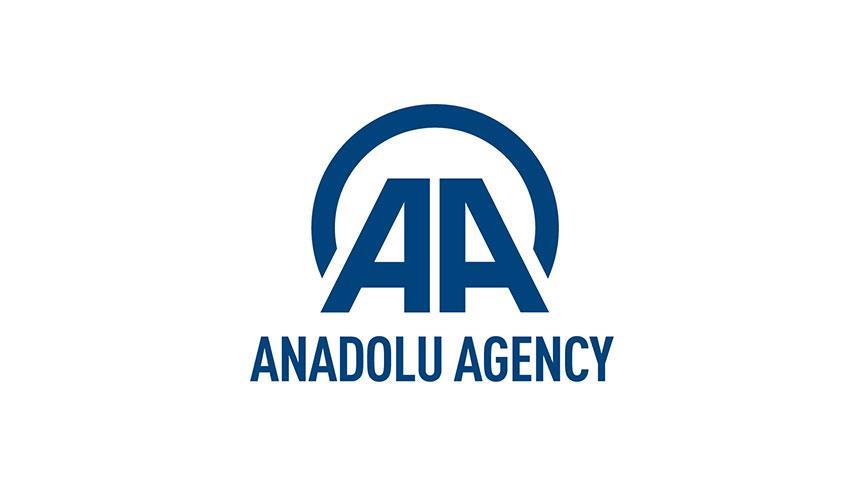- The Writer holds an MSc from Creighton University and is a Ph.D. candidate in the Turkish National Police Academy
Brent oil failed to sustain over $59 per barrel and hovered around $56 with the easing of tensions after the Kurdish Regional Government (KRG)'s illegitimate referendum in northern Iraq that was held on Sep. 25. The quick revival in U.S. crude oil production after Hurricane Harvey and the rising U.S. dollar index also played significant roles in halting recent price increases. However, uncertainty lingers over the extension of the existing oil cut agreement between OPEC and non-OPEC countries to rebalance global supply and demand.
Oil markets last week will be reviewed based on the U.S. dollar index, weekly American Petroleum Institute (API) and Energy Information Administration (EIA) oil inventories, weekly EIA field production of crude oil in the U.S. and the weekly U.S. Baker Hughes rig count.
Brent oil began the week with a surge to $59.02. A key factor in this hike was Turkish President Recep Tayyip Erdogan’s warning against the independence referendum in Northern Iraq in which he cautioned that a halt in Northern Iraqi oil exports of around 550,000 barrels per day through the Kirkuk-Ceyhan pipeline would be imminent. The five-oil rig count drop as reported in Baker Hughes data from the previous week also contributed to this upward trajectory.
On Tuesday, the price plummeted to $58.44 due to a rise in the U.S. dollar index despite the weekly decrease of 0.76 million barrels in U.S. oil inventories, as detailed in the weekly API report.
However, on Wednesday due to a sharp rise in the U.S. dollar index and the growth in U.S. crude oil production of 37,000 barrels per day to 9.55 million barrels per day for the week ending Sep. 22, as the EIA reported, the price continued down to $57.90. This price drop was despite the weekly decline of 1.89 million barrels in U.S. commercial oil inventories, according to the Energy Information Administration’s (EIA) weekly report.
At the end of the week, the price fell to $57.41 and settled at $57.54 through the easing of the U.S. dollar index despite an oil rig count rise of six, as reported by Baker Hughes.
In brief, last week Brent increased to $57.54 from $56.86 amid the rising tension with Northern Iraq’s independence referendum.
The U.S. dollar index, which began to rise on expectations that the Fed would apply one more interest rate hike by the end of 2017, has been supported by anticipation of tax cuts through Trump’s tax reform proposal in the United States. As the Trump administration aims to increase investments in the United States and draw foreign capital to boost the economy, if successful, the U.S dollar could become more valuable resulting in greater oil price pressure.
Currently, the extension of the existing oil cut agreement between OPEC and non-OPEC is debatable. Most oil producing countries are very pleased with the recent price increases, thanks to the oil pact extension until the end of March 2018, and would like the opportunity of further extension beyond this date.
However, Russian Energy Minister Alexander Novak, the de facto leader of non-OPEC producers in the agreement, is approaching such an extension with caution. He stated on Sept. 7 that it is too early to decide on extending the oil cut agreement since the oil market has been rebalancing. Furthermore, on Sept. 22, OPEC and non-OPEC producers said they would not make a decision on this issue before January 2018. Saudi Arabia is keeping silent for now, but as they plan to submit their Initial Public Offering (IPO) for Saudi Aramco in early 2018, it is likely that they are considering their stance and could issue a statement before the IPO issue. Oil markets will continue to focus on their statements on the extension, as well as conformity levels to the agreement to gauge oil price fluctuations.
Brent oil could reach $57 in a strong dollar environment and if slumps in the U.S. oil inventories and in U.S. crude oil production arise. Failing this, declines towards $55 could be seen.
- Opinions expressed in this piece are the author’s own and do not necessarily reflect Anadolu Agency's editorial policy.


